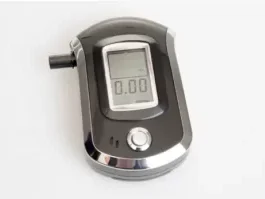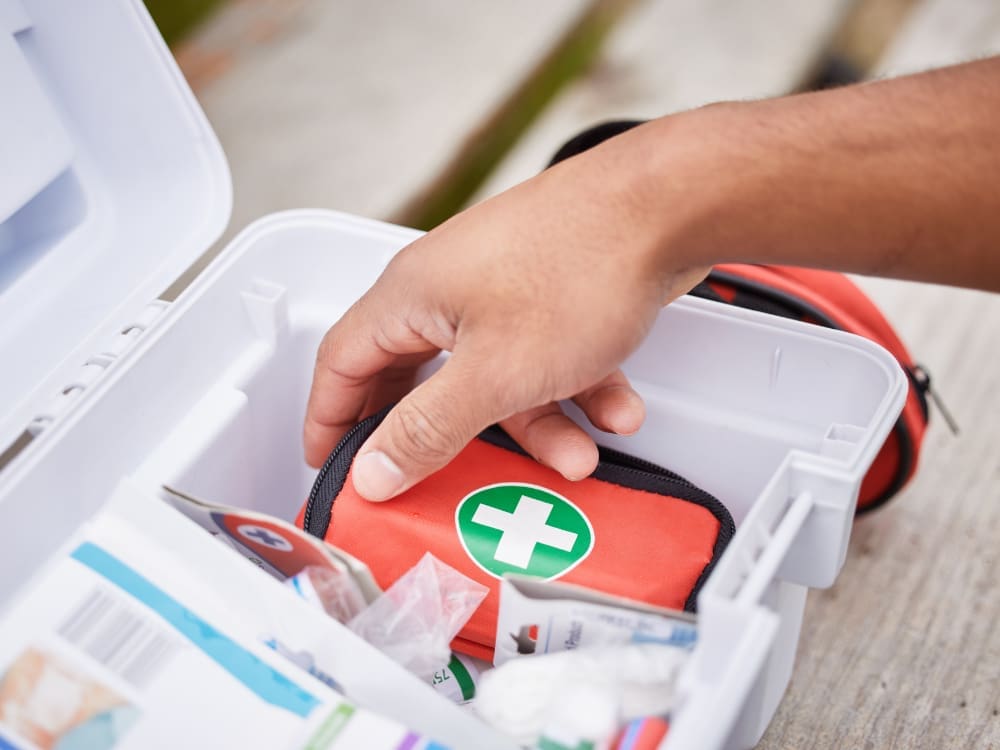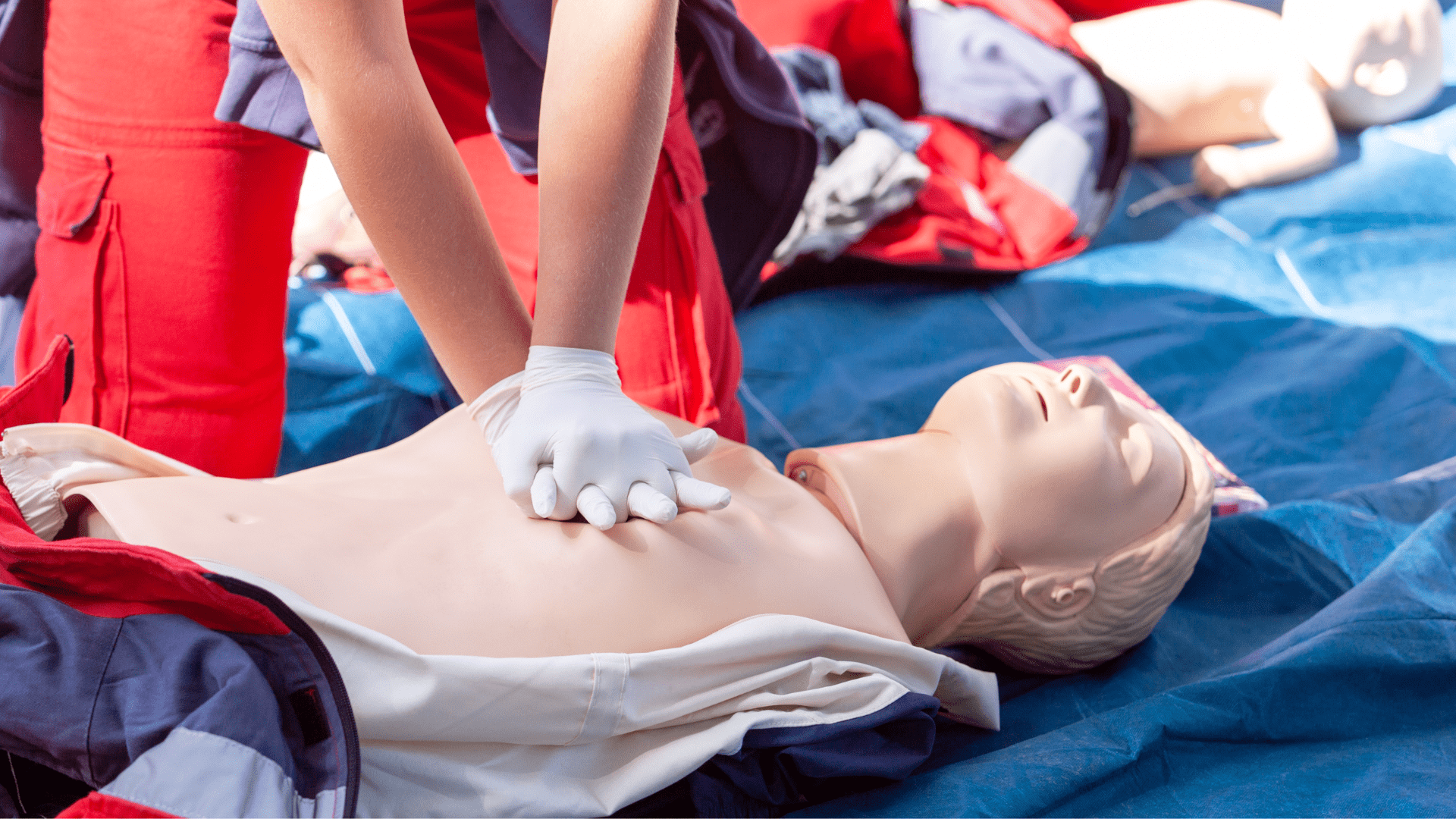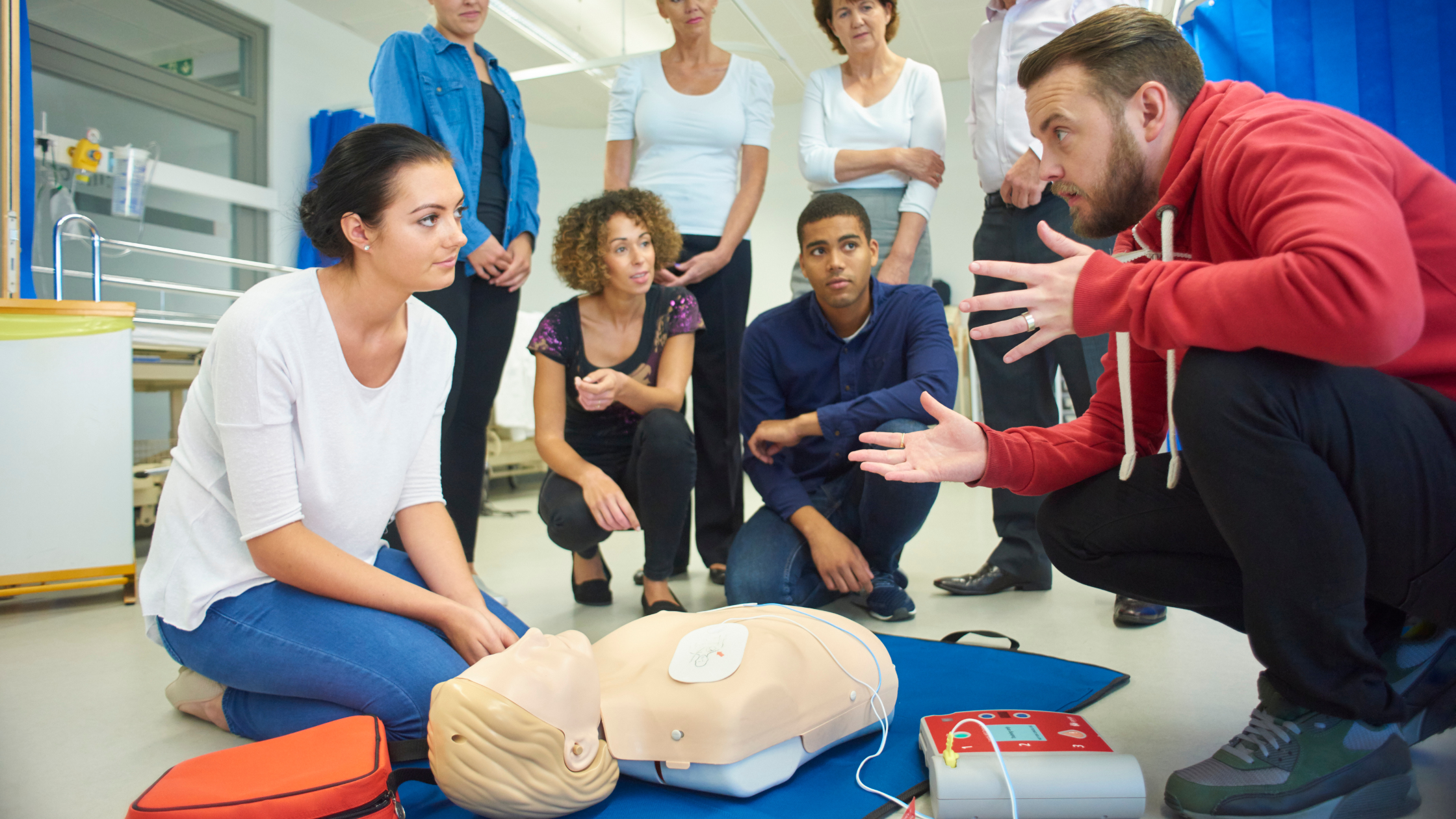Are you considering pursuing a career as a drug and alcohol testing officer? Once you have completed a drug and alcohol testing course (HLTPAT005), you can start conducting drug tests for a variety of reasons.
One popular reason why drug tests are performed is that some employers require pre-employment drug tests as part of the hiring process. Also, professionals who work with patients, vehicles, trains, planes, or machinery are required by certain workplaces to undergo random drug testing.
Drug tests are also required for federal employees and teachers. Drivers who have been pulled over for suspicious driving or breaking traffic laws, or those who have been involved in a car accident are also required to take a drug or alcohol test. As a drug and alcohol tester, you will facilitate these tests.
Drug and Alcohol Tester: Roles and Responsibilities
successfully completed a nationally accredited course of instruction for specimen collection and onsite testing, which includes storage, handling, and dispatch of specimens. This person has received a statement of attainment in accordance with the Australian Quality Training Framework and is therefore qualified to perform drug tests that comply with the requirements of Australian Standards.
Since many industries now undertake drug and alcohol testing in the workplace to understand if a person is affected by illicit substances or prescription medications that have been provided to them, workplace drug and alcohol testers will conduct either breath alcohol testing, oral fluid or urine fluid testing. A tester’s role is considered an important part of the safety management processes in various workplaces across many industries.
These are some of the duties or activities that drug and alcohol testers must undertake:
- Prepare an area and equipment for the testing;
- Explain the process of testing to donors and other workplace staff;
- Perform the tests as required under manufacturer’s recommendations and recognised standards;
- Ensure testing is done in compliance with the applicable industry standards like the chain of custody processes and other relevant Australian standards;
- Prepare non-negative samples for dispatch and transportation to a laboratory for confirmatory testing;
- Prepare results of testing activities; and
- Communicate the results to workplace supervisors and management.
Different Drug Tests That Testing Officers Perform
In this section, we’ll explore the different drug tests that you will potentially perform as a drug and alcohol testing officer. You will learn all about these tests during your drug and alcohol testing course HLTPAT005.
Pre-Employment Drug Tests
As mentioned, drug screening tests are common in many workplaces across various industries. They are given to potential employees as part of the pre-employment screening requirements. Before an employee begins their new job, they will sign a copy of a legal document indicating that they’ve read and understood the terms of pre-employment drug testing and the company’s workplace drug and alcohol testing policies.
Some industries require mandatory pre-employment drug tests to a greater degree than others.
Industries that are regulated by the Department of Transportation, for example, are subject to federal and state rules surrounding drug and alcohol testing. They can be more stringent than the private sector.
Court-Ordered Drug Tests
These tests may be ordered cases following a criminal activity involving substances as well as probation and custody cases. A drug test may also be ordered by the court during incarceration. When a court orders the suspected individual to undergo drug testing, they will give the person a choice of drug-testing programs to choose from.
Usually, they are based on location and accessibility. The frequency and the length of time in which a person must undergo testing will also be determined by the court. The court-ordered tests fall under the targeted drug test program.
Reasonable Suspicion Drug Tests
Also called for-cause or probable cause drug testing, reasonable suspicion drug tests are given by an employer to employees behaving in an unnatural or uncharacteristic way. These are also given to those showing physical signs of substance abuse that are directly affecting their job performance, as well as to those acting violent toward co-workers and management.
How do you Become a Drug and Alcohol Tester?
At this point, you must be wondering how to become an accredited drug and alcohol tester in the workplace. To take on this role, formal training needs to be undertaken. As per Australian Standards, an individual should have formal qualifications to perform the collection of oral and urine fluid.
HLTPAT005 Collect Specimens for Drugs of Abuse Testing is a common qualification in the drug and alcohol testing field. This course has been designed to meet the requirements of workplaces that need to perform drug and alcohol testing. It is a 1-day course (or the equivalent thereof) and requires a practical component for the course participant to be deemed competent.
The course can be run either face-to-face training or completely online. It includes practical activities and scenarios, which are completed at the pace of the participant for online courses. Upon completion, the participant will receive a Statement of Attainment and will then be ready to take on the role.
Become a Drug and Alcohol Testing Officer Today
For you to become an accredited drug and alcohol testing officer, you must complete a drug and alcohol testing training course where you will learn about the different types of drug screens and testing programs. After completing this course, you should be well-informed about the Australian Standards for specimen collection and transportation to a laboratory for confirmatory testing.
Enrol in this nationally accredited drug and alcohol testing course HLTPAT005 today. To get started with your enrolment, call us on 07 3269 5005 at your earliest convenience.



